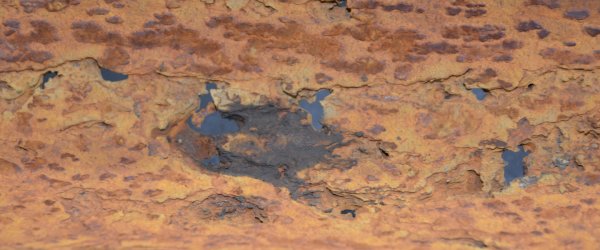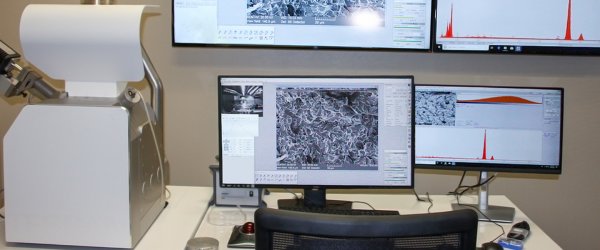Microbiologically influenced corrosion (MIC), also known as biological corrosion or microbial corrosion, occurs when metals and some non-metals deteriorate due to the metabolic activity of various microorganisms. MIC can cause significant damage to materials and machinery used in oil and gas production and processing industries, chemical industries, water treatment facilities, metal working facilities, and nuclear power plants.
At Stress Engineering Services, our experts have developed a “Deep Dive Kill Test” approach using molecular microbiology methods (MMM) to evaluate the effectiveness of biocides against planktonic and sessile bacteria. Through these techniques, we can help select the most suitable chemistry to effectively manage the microbial threats unique to your facility and systems and stop destructive corrosion in its tracks.

Our goal is to serve as your strategic partner, providing essential analysis and all the necessary expertise to implement the most suitable MIC mitigation approach to prevent loss of primary containment and production downtime. To continually grow our MIC assessment support, we have recently incorporated cutting edge MMM equipment in our laboratory. Quantitative polymerase chain reaction (qPCR) instrumentation allows us to quantify a multitude of gene targets more precisely when compared with traditional serial dilution methods.
Our MIC service capabilities include:
- Coupon and pig envelope sample analysis, including corrosion by-product characterization
- Quantification and specification of MIC-related microbes
- Biocide selection Deep Dive Kill test
- Microbial identification and associated MIC risk assessment
- Consulting on prevention and mitigation of MIC





